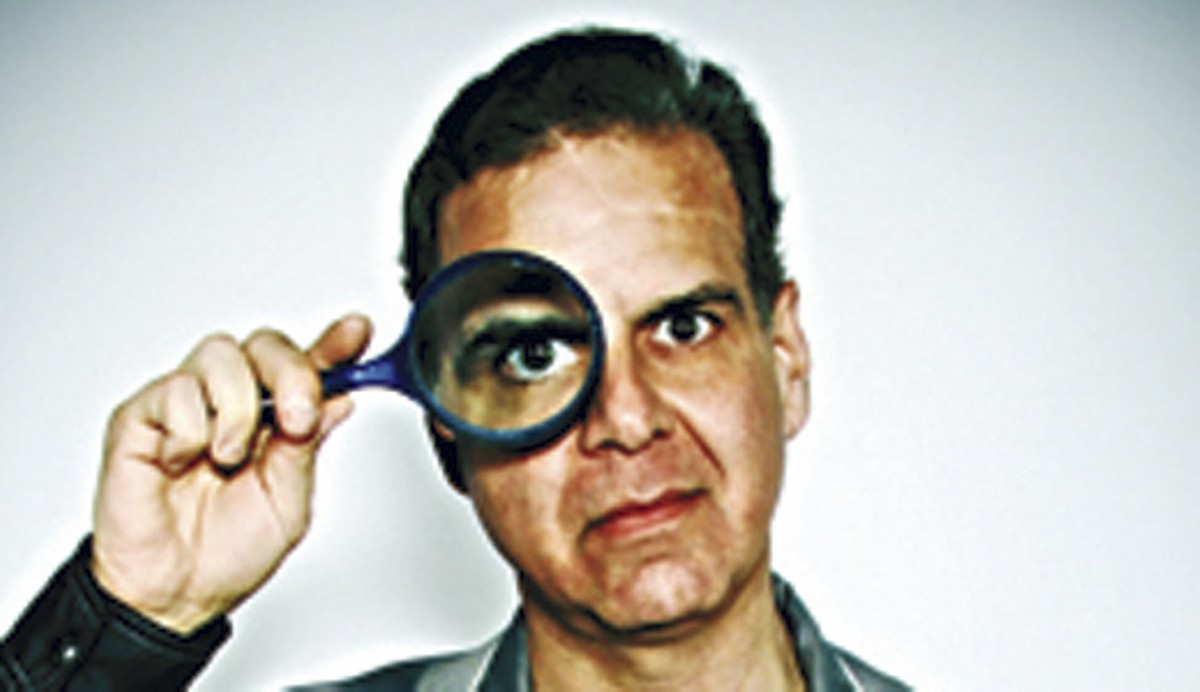Two days before Thanksgiving, the Pope addressed the European Parliament in Strasbourg, France. But he might as well have been speaking to the Congress about the United States. “We encounter a general impression of weariness and aging, of a Europe that is now ‘a grandmother,’ no longer fertile and vibrant,” he said. “The great ideas that once inspired Europe seem to have lost their attraction, only to be replaced by the bureaucratic technicalities of its institutions … Men and women risk being reduced to mere cogs in a machine that treats them as items of consumption to be exploited.”
Under the headline, “Pope Brands Europe as ‘Elderly and Haggard’,” the Wall Street Journal reported, “Pope Francis has frequently denounced a ‘throwaway culture’ that he views as a frequent product of a free-market economic model, resulting in the abandonment of the elderly, a lost generation of unemployed young people and disparagement of the poor.”
“The time has come to promote more policies that create employment” by “joining market flexibility with the need for stability and security” for workers, he said.
A month before the November election, talk-show host John McLaughlin issued a bit of an October surprise, considering his conservative credentials. On PBS’ “The McLaughlin Group,” he cited a study by Harvard’s U.S. Competitiveness Project titled, “An Economy Doing Half Its Job,” which surveyed almost 2,000 graduates of Harvard’s business school.
“Wages and incomes are stagnant, depressing the vital consumer spending the economy needs to thrive. The median household income is still 4.6 percent lower than it was in 2007, when the recession began,” the endearing old windbag said. “If the Harvard study is correct, things are going to get worse. Four out of ten survey respondents said wages and benefits for U.S. workers will drop even more over the next three years. Almost half said more businesses will outsource work to contractors instead of hiring new employees.” McLaughlin continued, “The short-term result will be a two-tiered economy in which corporations and shareholders prosper while the middle class continues to decline. And that, say the study’s co-authors, Professors Jan Rivkin and Michael Porter, is unsustainable in the long run.”
Then he quoted the co-authors’ alarming conclusion: “Businesses should be taking the stagnation of living standards of the average American as the canary in their coal mine. Companies will not survive for the long run if their communities are stagnant.” Progressive panelist Eleanor Clift of The Daily Beast shrugged, “But this isn’t exactly news. We’ve been hearing about and reading a lot about the wealth gap, the income gap, the skills gap.”
And so we have. Yet, in many places, those gaps are growing. One exception is Seattle, which last fall enacted the nation’s first $15/hour minimum wage. Former U.S. Secretary of Labor Robert Reich wrote on his blog, “Contrary to the dire predictions of opponents, the hike won’t cost Seattle jobs. In fact, it will put more money into the hands of low-wage workers who are likely to spend almost all of it in the vicinity. That will create jobs. Conservatives believe the economy will function better if the rich have money and everybody else has less. But they’re wrong. It’s just the opposite.”
After Republicans fatally filibustered the Minimum Wage Fairness Act, four red states (Alaska, Arkansas, Nebraska and South Dakota) passed a higher minimum wage. Zach Crago, executive director of South Dakota’s Democratic Party, told The American Prospect, “It’s about rewarding hard work with an honest wage. That message resonates with South Dakotans. Republican candidates oppose it at their own peril.”
Beginning next year, many cities will enforce wages higher than the federal minimum of $7.25 per hour. Nevertheless, even at full-time employment, it won’t be sufficient to rent a two-bedroom apartment without exceeding 30 percent of income, according to the National Low Income Housing Coalition.
The ill effects of income inequality have hit home in my condo community, where renter-occupied units recently outnumbered owner-occupied units, thereby precluding buyers’ eligibility for FHA (and other mortgage) loans.
And on Thanksgiving eve, St. Vincent de Paul Communications Director Linda Romines told WDRB-TV that the charity is serving the working poor in greater numbers. “These are people who maybe work minimum wage jobs, she said. “They may be even two-parent families. They bring their children here, their grandchildren … just to make ends meet and stretch their food budgets.”






